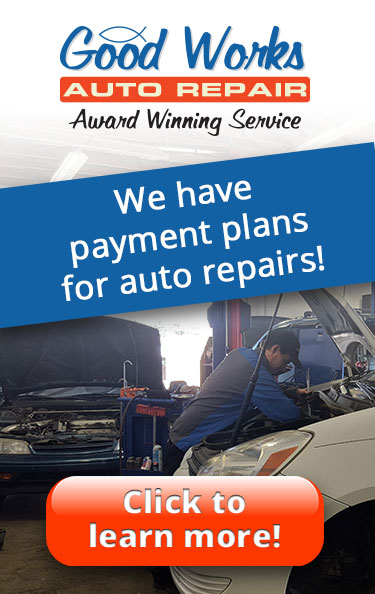Every consumer who drives, not those with Toyotas, heard about the big recalls within the last couple of years. Design flaws and malfunctioning parts created quite the dangers in vehicles on the road without many drivers even knowing, until it was too late. When you Google “possible brake problems,” the themes that come up are car makers and problems that were found with the brakes of cars and recalls for millions of people. In 2010, the federal government began their recall and investigation of Prius Hybrids. In January of 2010, Chrysler recalled 24,000 cars for possible brake failure. In December of 2010, Toyota announced a voluntary recall of 94,000 Toyota Sienna minivans due to a brake problem. And of course who could forgot the major recalls with completely useless brakes causing accidents resulting in death. In October of 2010, Toyota announced the recall and free repair of 1.53 million Avalon, Highlander and Lexus vehicles for brakes that could leak fluids and hamper stopping power. Honda said it was recalling an undetermined number of Acura sedans and Odyssey minivans.
As you can see, brake problems are a serious safety threat to drivers, and should be maintained and repaired often by a reliable auto repair shop. There are numerous reasons for brake troubles and many indications that something is wrong. Many times is it not what you can hear, but what you can feel that tells of a problem with your brakes. But many times, drivers have no idea that their brakes may not function properly, which is why brake service at routine intervals is essential in maintaining car health and safety on the road.
For example, a squealing noise when braking is the top indicator that something is wrong. Squealing or whining brakes could mean worn brake pads or vibrating loose pads. But there are also many other signs that you have a problem with your brakes like when your pedal goes down to the floor which could mean you have a problem with the brake fluid level, contaminated brake fluid, air in the brake fluid, a bad master cylinder, worn brake pads, or bad brake power boost unit. If the pedal now feels too firm, that could warrant vacuum problems or a brake line obstruction. Weak or spongy brakes may mean low brake fluid level, contaminated brake fluid, or worn brake pads. Grabbing or pulling brakes could mean worn or bad brake pads or a bad brake disc. Feeling pedal vibration? That could mean bad brake pads, a bad brake disc, car out of alignment, or worn front suspension. Are your brakes dragging or not working as soon as you release the pedal? This could mean a bad wheel cylinder, or a parking brake has failed to release. Clunking sounds can also be worrisome, and could mean something is loose or there are worn or broken suspension components.
Visit your auto repair shop for a brake service or brake repair at the first sign of trouble. Don’t be a statistic for accidents due to improperly working brakes, and don’t forget to take your vehicle in for any of the recalls mentioned above. Safety is the most important thing for vehicles on the road, and brake service could save lives.
Schedule My Appointment Now!
